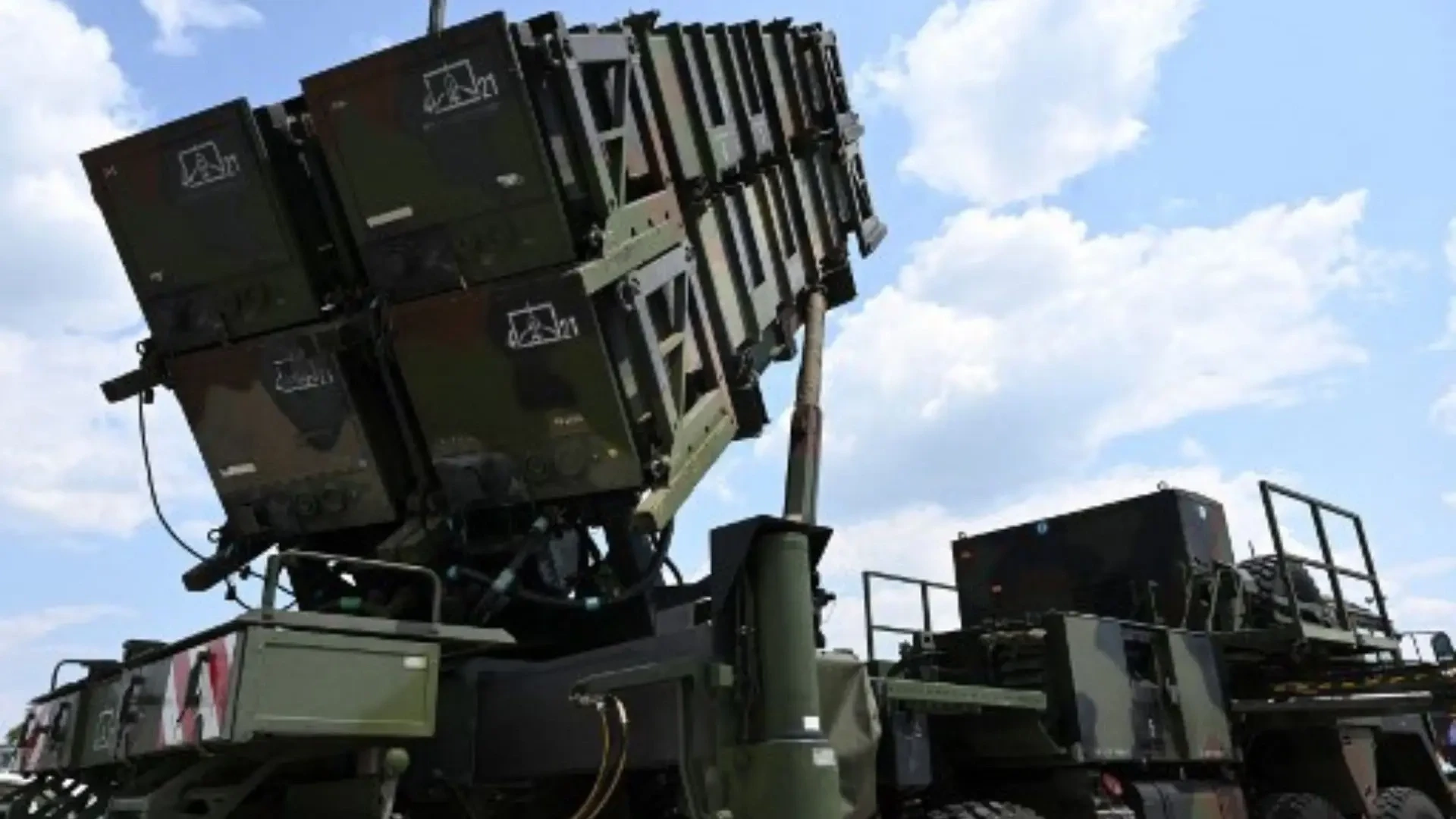On Monday, June 23, Iran launched missiles towards the Al Udeid air base in Qatar. The attack was in retaliation for the US strike of June 21 on the three nuclear facilities in Iran, namely Fordow, Natanz, and Esfahan.
Iran calls it Operation Besharat Fatah; it targeted the largest US air base in the Middle East. However, the US and Qatari authorities claim that almost all the missiles launched towards the Al Udeid base were intercepted. It stated that the attack failed to harm any American or Qatari personnel. It said the two forces collaborated to repel the Iranian missiles.
What defended Al Udeid Air Base from Iranian missiles
Al Udeid is the US military headquarters for all operations in the region. It approximately houses 10,000 troops. Established in 1996, it also houses the Qatar Emiri Air Force, the US Air Force, the United Kingdom’s Royal Air Force, and other foreign forces.
The base is protected by a multi-layered U.S.-Qatari air defence shield to protect it from any incoming missiles. The US Patriot Missile Defence system, or Mobile Interceptor Missile 104 (MIM-104), is the central part of this shield, and has been active for more than a decade. The Patriot is a long-range, all-weather missile defence system that can counter a variety of airborne threats, including tactical ballistic missiles, drones and aircraft. The overall system includes, radar, launcher, and control station.
Qatar has deployed Patriot PAC-3 systems, the most advanced of the Patriot Missile Systems developed by Lockheed Martin, which uses a “hit-to-kill” mechanism to destroy incoming projectiles.
Apart from this, the US had a radar system enabled in UAE, Bahrain, and on U.S. Navy vessels in the Gulf that provides them with early warning about incoming missiles.
Did Iranian Missiles miss?
In a press briefing, Qatar’s Ministry of Interior said that a total of 19 missiles were fired from Iran, out of which only one was able to hit the air base with no casualties and minimal damage. The official confirmed the base remains operational just hours after the strike.
President Donald Trump, in a post on Truth Social, said that the response was weak and Iran must have got the anger out of their system, now they can move towards peace. Following this, he declared a ceasefire between them. But Iran continued to rain missiles at Israel in the morning of June 24
“Iran will not leave any attack on its sovereignty unanswered”, and added: “US bases in the region are not strengths but vulnerabilities,” said the Iranian Revolutionary Guard Corps in a statement.
